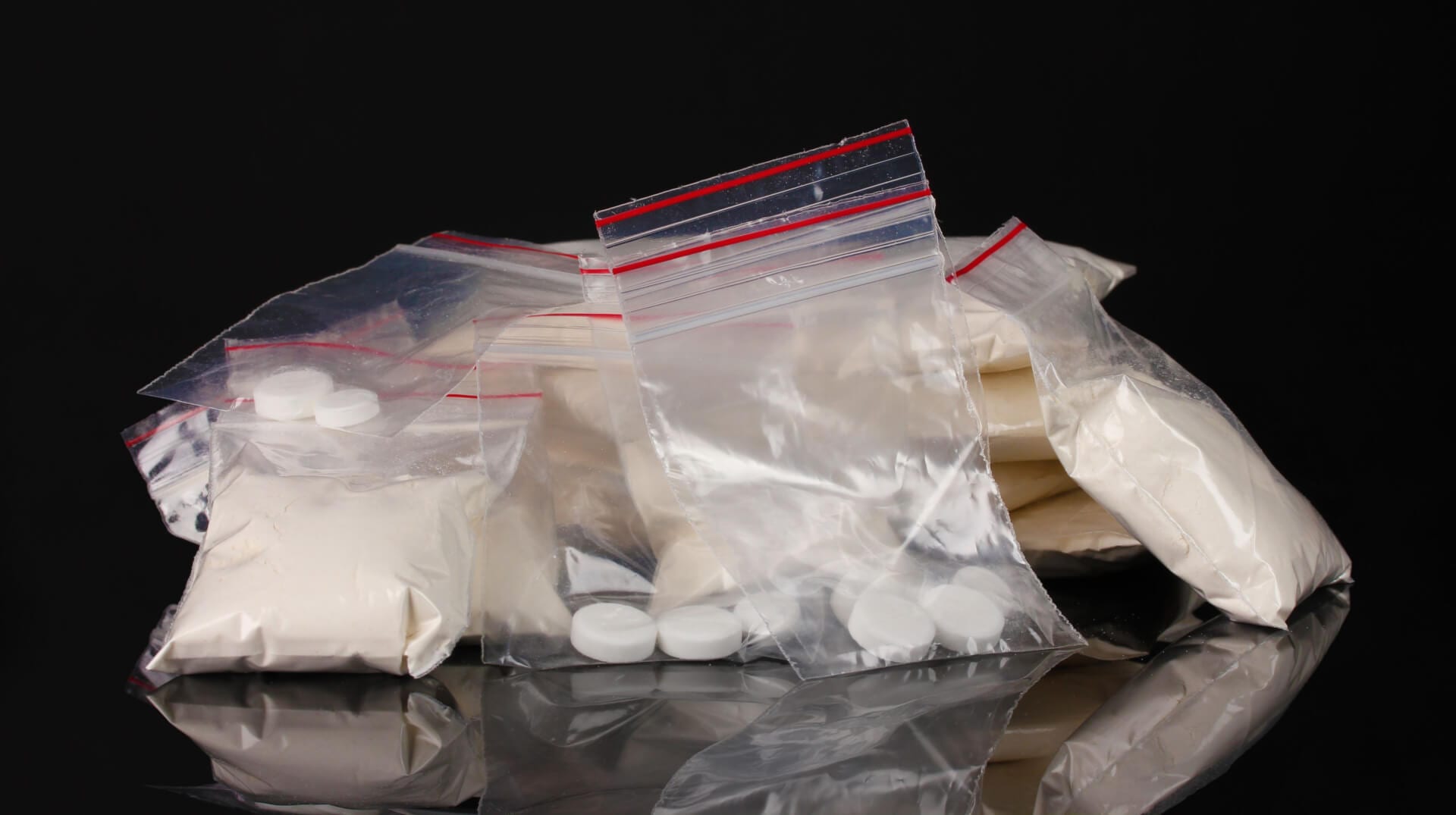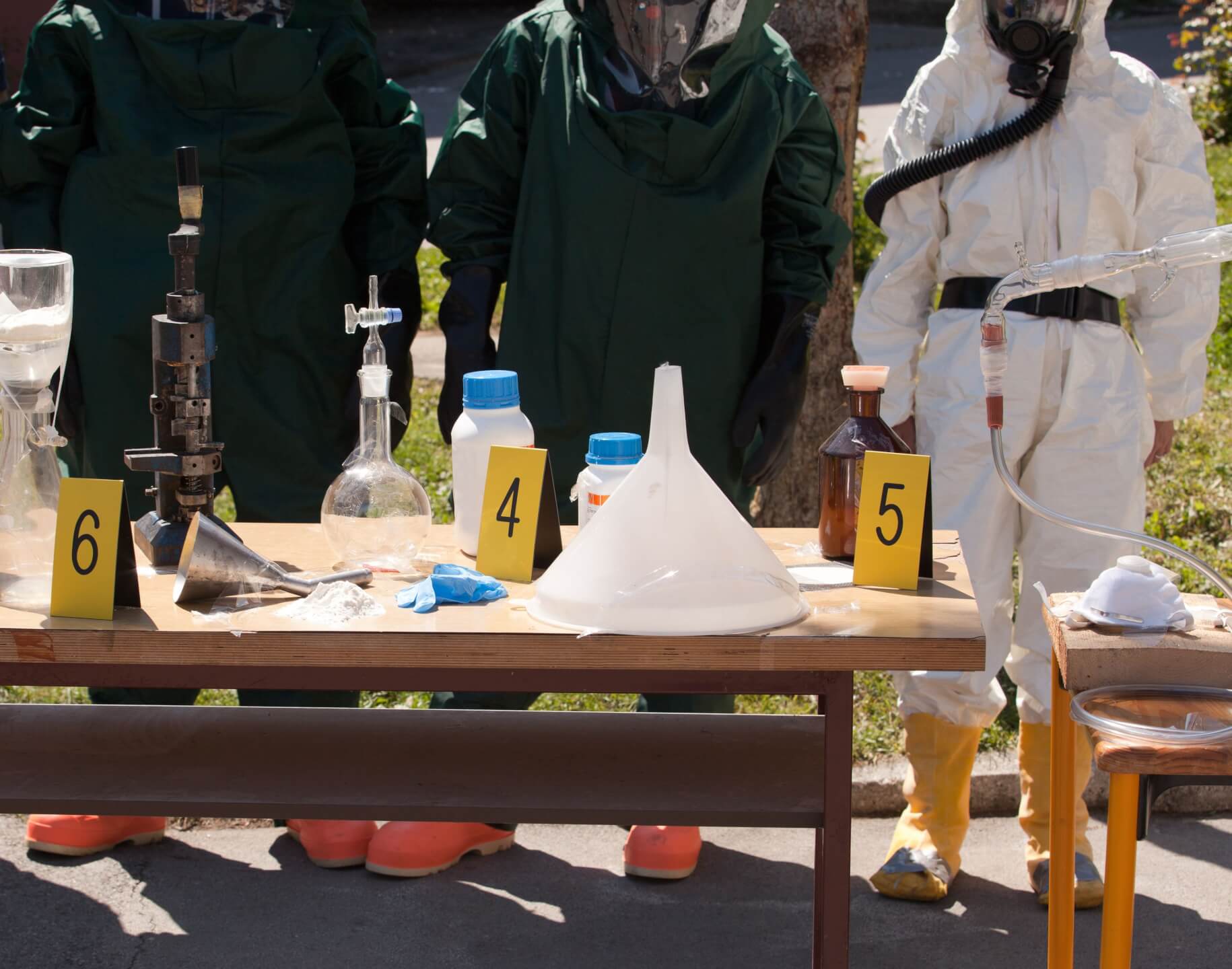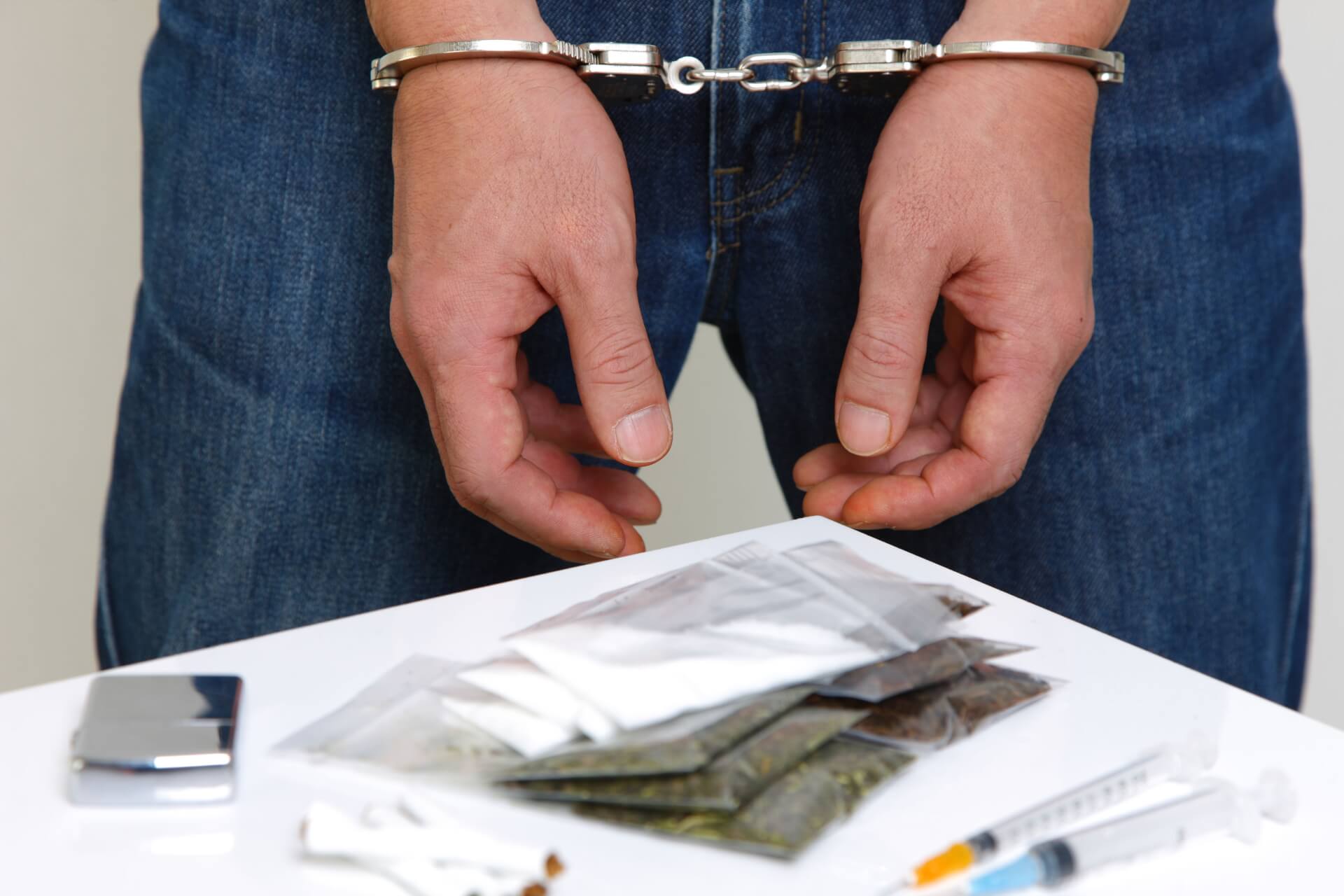
Texas takes drug offenses very seriously, and if you’re caught possessing, distributing, selling, manufacturing, or trafficking drugs, you could be facing severe penalties.
The penalties for drug crimes, however, depend on two major components: the type of drug in question and the amount of drugs that you are caught with.
On Thursday, August 17, 2017, 29-year-old Brady Gaisser of Fort Worth was arrested and accused not only of manufacturing and dealing excessive amounts of Carfentanil – “a drug 150 times more deadly than heroin” – but also of running “one of the largest North Texas Carfentanil processing labs in existence.”
At Gaisser’s processing lab in Burleson, Carfentanil was changed from one form – such as a powder – to another form – such as a liquid.
Last year, the DEA issued a warning to law enforcement and the public regarding the danger that Carfentanil – a synthetic opioid – poses. It is supposedly 10,000 times stronger than morphine and 100 times stronger than fentanyl, which is 50 times stronger than heroin. Carfentanil is so dangerous that Larry Sparks, commander of the Johnson County S.TO.P. Special Crimes Unit, had to wear a chemical suit in order to process it.
Carfentanil, which is used as a tranquilizing agent for elephants and other large mammals, is a Schedule II substance under the federal Controlled Substances Act and a Penalty Group 1 substance here in our state.
Gaisser was officially charged with manufacturing and/or delivery of a controlled substance Penalty Group 1, over 400 grams, which is a first degree felony punishable by at least 5 years, and up to 99 years or life in prison.
If Gaisser had a smaller amount of the drug or a different drug altogether, his potential penalties might not be so severe, but in Texas, the type and amount of the drug matters. So let’s explore the different penalty groups in our state and the consequences someone might face for different amounts.
Drug Penalty Groups in Texas
The Texas Controlled Substances Act defines six different drug penalty groups and a special group only for marijuana for the purpose of establishing criminal penalties. These penalty groups are:
- Penalty Group 1: Opiates, opium derivatives, heroin, cocaine, Rohypnol, PCP, GHB, ketamine, methamphetamine, etc.
- Penalty Group 1a:
- Penalty Group 2: Hallucinogenic substances such as DMT, synthetic THC, MDMA, mescaline, psilocybin, BZP, phenylacetone, amphetamine, Quaaludes, etc.
- Penalty Group 2a: Synthetic chemical compounds mimicking the effect of naturally occurring cannabinoids.
- Penalty Group 3: Stimulant compounds such as Ritalin and Preludin, depressant compounds such as Xanax and Ativan, codeine, morphine, barbiturates, peyote, appetite suppressants, anabolic steroids, etc.
- Penalty Group 4: Compounds containing Buprenorphine, Butorphanol, pyrovalerone, and compounds with limited amounts of narcotics with nonnarcotic active medicinal ingredients.

Consequences for Texas Drug Penalty Groups
Once the type of drug and penalty group has been established, you will have to look to the amount to know the type of offense and potential consequences.
Possession of Penalty Group 1 Substance
- Less than 1 gram: state jail felony punishable by 180 days – 2 years.
- 1-4 grams: third degree felony punishable by 2-10 years.
- 4-200 grams: second degree felony punishable by 2-20 years.
- 200-400 grams: first degree felony punishable by life or 5-99 years.
- More than 400 grams: enhanced first degree felony punishable by life or 10-99 years.
Possession of Penalty Group 1a Substance
- Less than 20 units: state jail felony.
- 20-80 units: third degree felony.
- 80-4,000 units: second degree.
- 4,000-8,000 units: first degree felony.
- More than 8,000 units: enhanced first degree felony.
Possession of Penalty Group 2 Substance
- Less than 1 gram: state jail felony.
- 1-4 grams: third degree felony.
- 4-400 grams: second degree felony.
- More than 400 grams: first degree felony.
Possession of Penalty Group 2a Substance
- Less than 2 ounces: Class B misdemeanor punishable by less than 180 days in jail.
- 2-4 ounces: Class A misdemeanor punishable by less than 1 year.
- 4 ounces-5 pounds: state jail felony.
- 5-50 pounds: third degree felony.
- 50-2,000 pounds: second degree felony.
- More than 2,000 pounds: first degree felony.
Possession of Penalty Group 3 and 4 Substances
- Less than 28 grams: Class A misdemeanor for PG3 and Class B misdemeanor for PG4.
- 28-200 grams: third degree felony.
- 200-400 grams: second degree felony.
- More than 400 grams: first degree felony.

These offenses and penalties are only for possession of controlled substances. If you are charged with manufacturing or delivery of these substances, the penalties will be a bit more severe.
As you can see, drug offenses carry very serious penalties in our state; so if you find yourself facing drug charges, contact an experienced Texas drug crimes defense attorney to fight for your rights.
About the Author:
Brandon Fulgham has an in-depth understanding of both Texas law and Texans themselves. Before practicing law here, he received his undergraduate degree from TCU, and his law degree from South Texas College of Law in Houston. After graduation, he worked in District Attorneys’ offices as a prosecutor, building cases designed to put people behind bars. Now, he uses that knowledge to protect the rights of people in and around Fort Worth, making sure they receive the strongest possible defense when they find themselves on the wrong side of the law. He has been recognized for his work by The National Trial Lawyers, Fort Worth Magazine, and others.